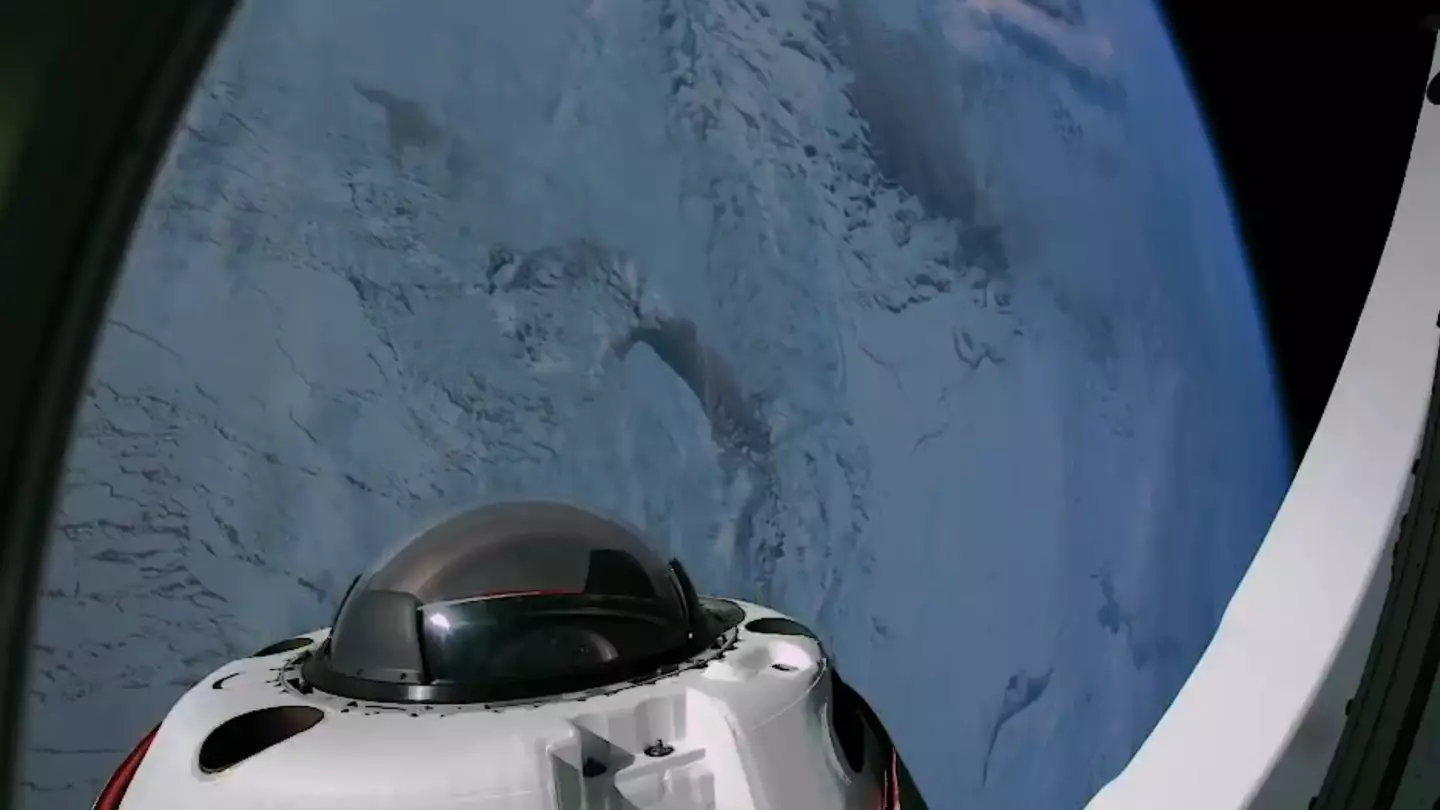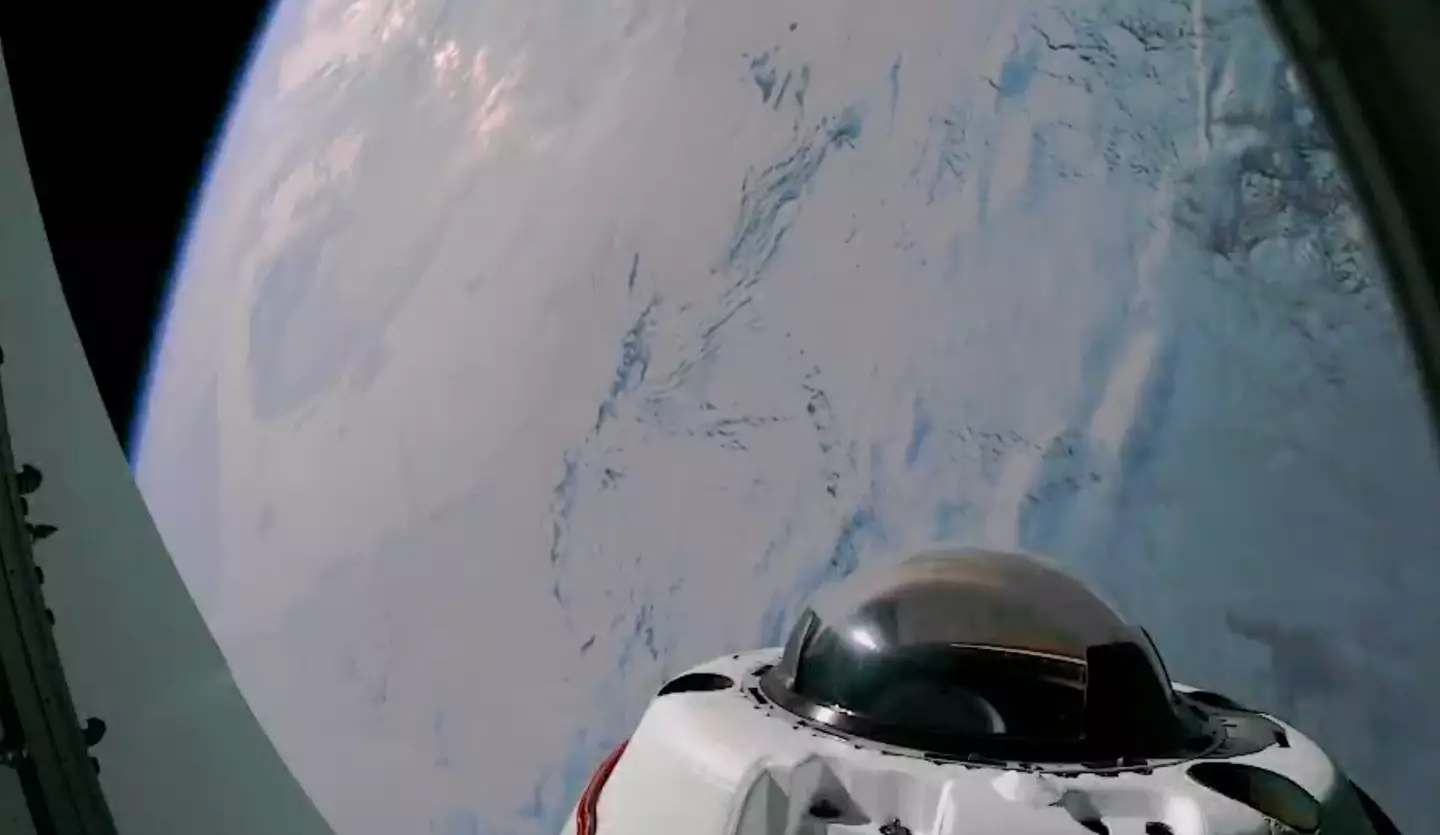
SpaceX's Dragon spacecraft made history today (1 April), as it orbited the poles of Earth for the first time in human history.
No humans have ever been across the North and South poles, but Elon Musk's space technology company has become responsible for the first manned spaceflight across these landmarks.
Posting to X, SpaceX's official account posted: "First views of Earth's polar regions from Dragon," to which Musk replied: "This is the first time humans have been in orbit around the poles of Earth!"
Space mission that go around our planet often follow an orbital road, with some more popular than others, with many satellites and orbits tending to stay near to the Equator in comparison to other areas of the world - but why is this?
Advert
SpaceX's private Fram2 mission, named after the polar exploration vessel Fram, launched on 31 March from Florida, US into a Polar orbit.
The mission will last three to five days, with all four crew members set to conduct scientific research.
They will become the first ever humans to fly over the world's poles, giving them a rare look at the regions that are rarely seen, even from satellites in space.
Jeffrey Hughes, a space physics professor at Boston University, spoke to Gizmodo, explaining why it's rare, saying: “The simple answer is energetics, it takes a lot more energy to put something in polar orbit compared to equatorial orbit.”
While the Earth spins on its axis, it rotates the quickest along the equator, at around 1,000 miles per hour.

Mike Gruntman, professor of astronautics at the University of Southern California, revealed to the publication that the ground speed decreases as you move further from the equator.
“The ground speed of the rocket launch location thus contributes to the final velocity of a space vehicle when launched in the eastern direction and thus less propellant is needed and the launch rocket is smaller,” he explained.
Basically, it uses less power to go eastwards along the equator, and a polar orbit would require more power and energy as it does not use the Earth's rotation for help.
Weather satellites usually adopt the polar orbit route to keep tabs on climate change in the Arctic and Antarctic regions, covering all areas.
Instead of going from east to west, they would travel from one pole to another, and having coverage of the entire planet also means that polar orbit satellites have a communication advantage.

A concern is the radiation environments in polar orbits though, which is more risky for humans to experience for long periods of time in a polar orbit.
“For a relatively short-duration flight as the planned Fram2 mission, this is not a big issue,” Gruntman said, as the problem is with longer space flights that will be planned along this route in the future.